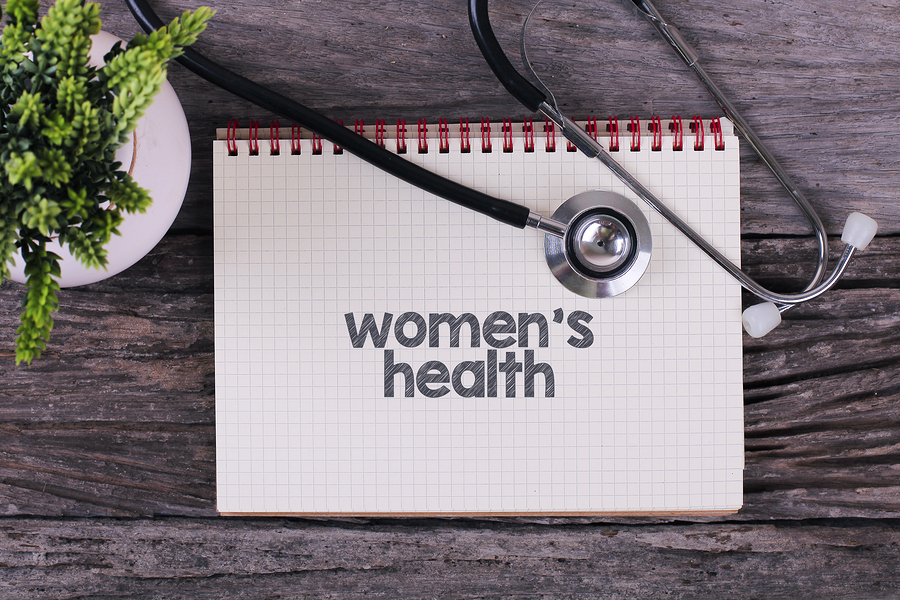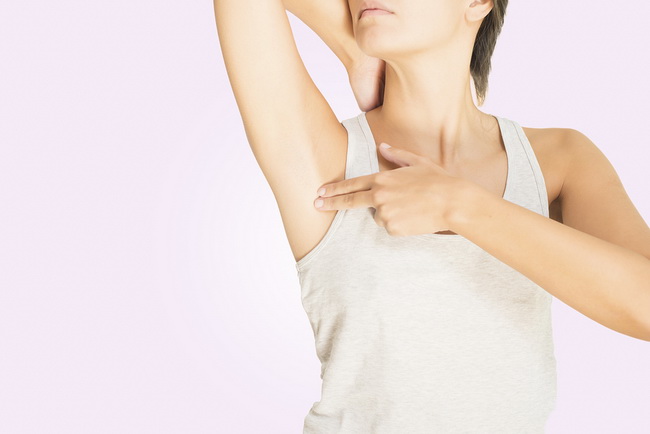- Make It Yourself Lavender Heart-Shaped Bath Bombs!
- 20 Things You Never Knew About “Down There”
- 12 Best Foods For Those Suffering From Arthritis Pain
- 12 Personal Hygiene Mistakes Almost Everyone Makes (Mom Never Told You About #4!)
- 15 Medicinal Plants And Herbs From The Cherokee People
- 12 Mind-Blowing Benefits Of Drinking Coconut Water During Pregnancy
- 12 Outstanding Winter Foods That Won’t Fatten You Up Like A Christmas Turkey
Do Breast Cancer Genes Guarantee Cancer?
There are breast cancer genes that can show the chances that a woman has been developing breast cancer. The genes are referred to as BRCA1 and BRCA2. The findings show that if a woman has either of these genes and they are mutated, her chances of getting breast cancer during some time in their lives is about 70 percent.
Researchers have based this information on a study of more than 10,000 women who had issues with either one of these genes. It also was found that their chances of getting ovarian cancer were also increased.
What exactly are breast cancer genes?
There are two kinds of breast cancer genes that are called BRCA1 and BRCA2. Everybody has these genes but they only show the chances of getting cancer if they bear any mutations. Originally, these genes were recognized because they suppress tumors. Without mutations and operating normally, they ensure that cells keep growing at the correct rate. When the mutations are found on the cells their growth is not checked and it is how breast cancer is able to develop.
Every one of us receives one of each gene from each parent. If you get one gene that is normal and one that is mutated you will still not develop cancer because of the normal gene. Having a mutated gene doesn’t even mean you are going to definitely end up with breast cancer if you still have a normal gene. If the other gene does become mutated you will have a greater chance of getting breast cancer.
Continue to Page 2
What are the differences between BRCA1 and BRCA2?
While the two genes are part of a women’s risk of cancer, they are each different. In 1990 BRCA1 was found on chromosome 17 and in 1994 BRCA2 was found on chromosome 13. They both are responsible for an increased chance of getting pancreatic cancer and ovarian cancer. The BRCA1 mutated gene can increase the chance of getting uterine, cervical, and colon cancer as well as triple-negative breast cancer. The BRCA2 is responsible for raising your chances of getting gallbladder, bile duct cancer, stomach cancer, and melanoma.
What makes you more likely to have mutations in your BRCA1 or BRCA2 genes?
The following conditions will let a doctor know how likely you are to have mutated BRCA genes:
- If your mother, sister, or daughter had breast cancer
- If any of the above developed breast cancer before the age of 50
- If you have additional female relatives who had cancer such as an aunt or a grandmother
- If your mom, sister or daughter had cancer in both breasts; if you have a male relative who developed breast cancer
- If any females in your family had breast cancer as well as ovarian cancer.
- Certain ethnic groups are at higher risk: Scandinavians, Dutch people, Icelandic people, and Ashkenazi Jewish people.
The testing for BRCA1 and BRCA2 genes is usually covered by health insurance and it will help you to increase your early detection procedures such as mammograms, self-breast exams and exams at your gynecologist.
Study Results
Continue to Page 3
A study that combined 9,856 women from the United States, Europe, Australia, New Zealand, and Canada provided definitive findings as they all had either one or the other BRCA gene.
- From the beginning around 4,800 of them had either breast cancer or ovarian cancer before the study began.
- Around 5,000 of the women did not have either type of cancer.
- They followed these women for the next five years to document the cases of cancer as they occurred or did not.
- The ages of the women ranged from less than 20 years of age to more than 70 years of age.
- The group that had BRCA1 had a 72 percent risk of getting breast cancer by 80 years of age.
- The group that had BRCA2 were 69 percent more likely to get breast cancer by 80 years of age.
- Women who had BRCA1 genes found their chances of getting cancer from 30 to 40 leveled off.
- Those with BRCA2 genes leveled off from getting cancer from 40 to 50.
- Chances for younger women to develop ovarian cancer was low but it rose among women who were in their 40s and 50s.
READ ALSO: Top 10 Warning Signs Of Liver Cancer (We Never Imagined #6!)
If you have female relatives who have contracted breast cancer make sure that you get checked out as soon as you can so you can take steps to control your chances of getting it.
References:



































